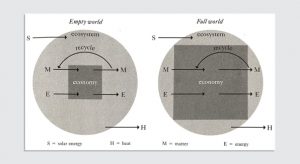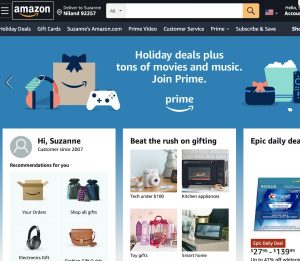YouTube Tests Affiliate Marketing And Brings Shopping To Shorts

YouTube is testing affiliate marketing for Shorts in the United States with creators, and a shopping feature for Shorts in select countries.
A YouTube spokesperson confirmed that the platform is beginning to introduce Shopping on YouTube Shorts with eligible creators in the U.S., piloting the ability to tag products from their own stores.
Viewers in the U.S., India, Brazil, Canada, and Australia can see the tags and interact with them. YouTube plans to bring tagging to more creators and geographies. The tests were first reported by the Financial Times.
The affiliate program for Shorts will allow creators to earn commissions when a product they recommend in Shorts or regular-length videos they created was purchased.
“We firmly believe YouTube is the best place for creators to build a business and shopping is a piece of that — to that end, we’re experimenting with an affiliate program that allows for creators to earn money through purchases on recommended products in their long form videos and Shorts,” a YouTube spokesperson told Search & Performance Marketing Daily. “It’s still early days, but we plan to gradually expand this to more creators next year.”
The surge in consumer time and money spent online because of the pandemic led to a significant boom in the affiliate marketing ecosystem, according to Insider Intelligence.
An affiliate marketing program for Shorts, open to select U.S. creators, provides another way to monetize Shorts. On YouTube, the creator and the merchant take a piece of the sales.
Affiliate programs and other shopping features could make YouTube more attractive to content creators as the company tries to increase revenue and compete with other platforms such as TikTok.
Marketers in the U.S. spent an estimated $9.1 billion on affiliate marketing in 2021, with ecommerce driving $71 billion — up 47% compared with 2018, according to the 2022 Performance Marketing Industry Study published in September.
The figures include straight-performance-based spending and fixed-cost media investments with performance-marketing partners for placements like tenancies and integration fees. That three-year growth rate translates to a 13.7% CAGR for the period.
The study notes that in 2021, each dollar of performance marketing investment drove an average of $12 in ecommerce contribution.
Globally, the affiliate marketing industry has an estimated value of $12 billion with the U.S. as the largest affiliate marketing country in the world according to SimilarWeb.
The U.S. holds 39% of global affiliate market share, followed by the U.K. at 15% and Germany at 11%.
(23)
Report Post






